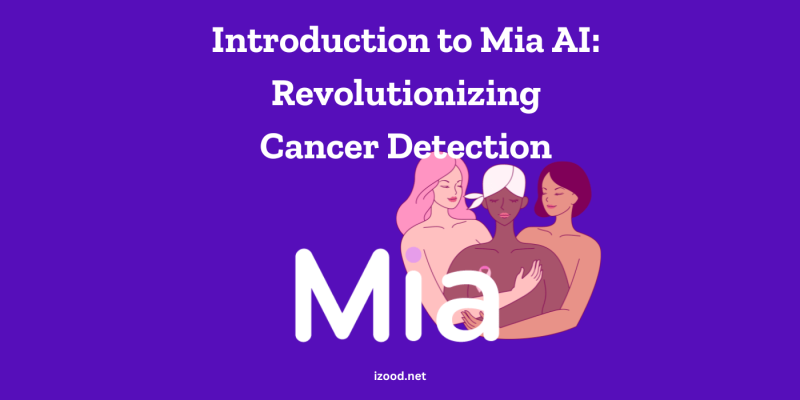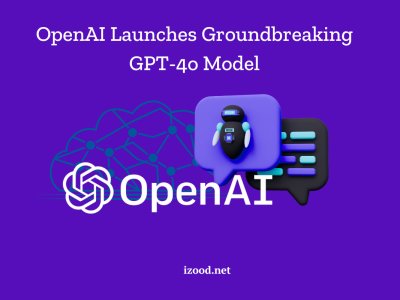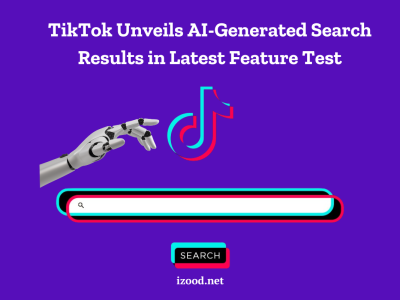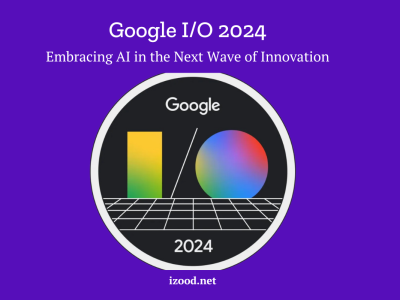
In an impressive leap forward for medical technology, a new artificial intelligence tool named Mia has been developed to enhance the detection of cancer. This tool represents a significant advancement by identifying cancerous signs that have previously gone unnoticed by human radiologists. The pilot program, involving NHS clinicians in the UK and over 10,000 mammogram analyses, showcased Mia’s potential to transform diagnostic practices.
How Mia Works: Bridging Technology and Medicine
Mia utilizes state-of-the-art machine learning algorithms trained on extensive imaging datasets. This training allows Mia to detect subtle anomalies in mammograms that might typically be overlooked. Its integration into existing healthcare systems demonstrates a seamless blend of technology and traditional medicine, supporting radiologists by providing a second, highly accurate opinion.
The Impact of Mia on Healthcare
The deployment of Mia in clinical settings can lead to earlier detection of cancer, significantly altering treatment outcomes. Early detection is crucial in cancer treatment, often leading to more treatment options and a higher survival rate. Additionally, Mia can alleviate the heavy workload on radiologists by streamlining the diagnostic process and reducing the time taken to confirm diagnoses.
Reducing Diagnostic Errors
One of the most promising aspects of Mia is its potential to reduce diagnostic errors. Human diagnostics, while effective, can sometimes miss early signs of cancer due to various factors including workload and the subtle nature of some signs. Mia’s ability to consistently identify these signs can lead to higher diagnostic accuracy and better patient outcomes.
Enhancing Radiologist Efficiency
By automating the initial screening and analysis processes, Mia allows radiologists to focus their expertise where it is most needed. This not only speeds up the diagnostic process but also helps in managing the increasing demand for cancer screenings, ensuring that more patients receive timely and accurate diagnoses.
Looking Forward: The Future of AI in Medicine
As AI continues to advance, its integration into various medical fields is expected to grow, offering new tools like Mia that enhance both efficiency and accuracy in diagnostics. The ongoing development and refinement of AI applications are poised to revolutionize the healthcare industry, providing groundbreaking solutions that were once thought impossible.

![How to Pause Location on Find My iPhone Without Them Knowing? [2024] 16 how to pause location on find my iphone](https://izood.net/wp-content/uploads/2024/10/How-to-Pause-Location-on-Find-My-iPhone-Without-Them-Knowing-400x300.png)





